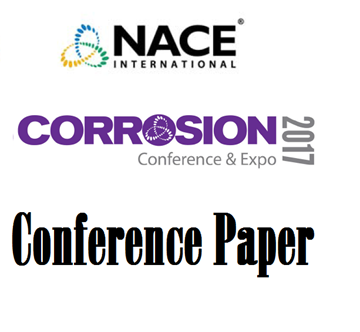Search
Products tagged with 'nickel alloy'
View as
Sort by
Display
per page
Optimizing Wallpaper Cladding Repair of WFGD Air Pollution Control Systems in the Power Industry
Product Number:
51317--9365-SG
ISBN:
9365 2017 CP
Publication Date:
2017
$20.00
Stress Corrosion Cracking Behaviour Of Thermally Aged Alloy 182
Product Number:
ED22-17291-SG
Publication Date:
2022
$20.00


